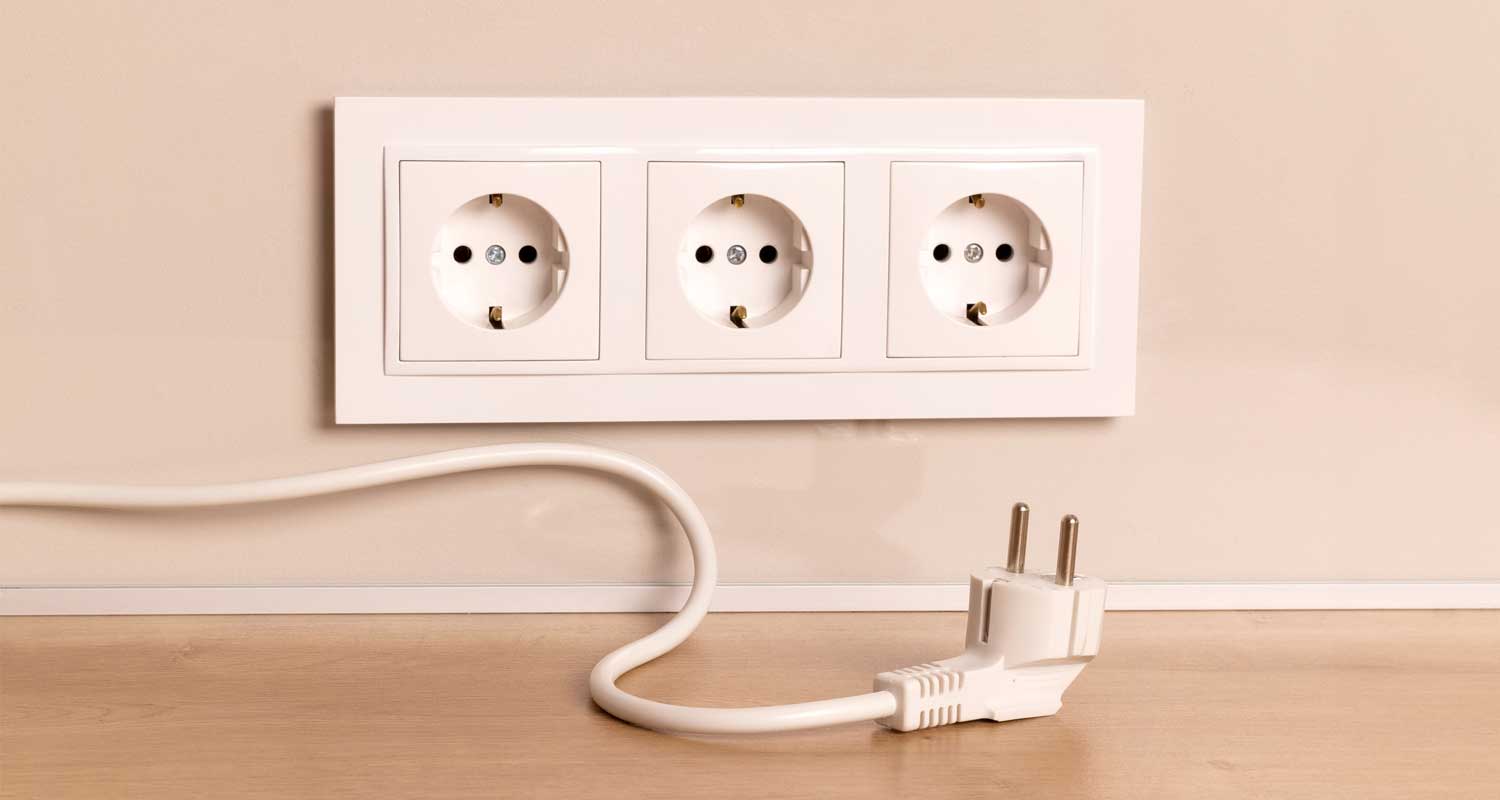 State-owned insurance company Sasria appears to have walked back its earlier decision that it would no longer provide cover for damage caused by a collapse of Eskom’s grid.
State-owned insurance company Sasria appears to have walked back its earlier decision that it would no longer provide cover for damage caused by a collapse of Eskom’s grid.
Sasria, short for the South African Special Risk Insurance Association, said in a circular to clients on 28 April that policies would no longer indemnify them for any loss, damage, cost or expense caused by grid failure.
The company provides cover for damage caused by special risks such as politically motivated malicious acts, riots, strikes, terrorism and public disorders, and was established after the 1976 Soweto uprising.
Sasria stipulated that it would not cover problems arising from disruptions to water supply, telecommunications systems or sewerage, or losses from rotting food. The new policy was to have taken effect from the start of June.
But on Friday Sasria withdrew the circular.
“Various industry stakeholders have brought to our attention the insufficiency in respect of the implementation period stipulated in the circulars and this has resulted in undue and inadvertent difficulty for the affected parties,” it said.
In other words, the decision was circulated prematurely.
Does this mean that the insurance association will go ahead with its decision to withdraw cover at a later stage, or has it changed its mind completely?
Sasria spokesman Musi Dladla told TechCentral on Wednesday that the decision not to implement the new policy in June was made with consideration for its clients. “We did not want it to be as severe as excluding risk in its entirety, and we are also in discussion with national treasury to try to mitigate against such a situation,” Dladla said.
‘Must comply’
“On the other hand, Sasria must comply with regulations and many of our reinsurers withdrew cover for grid failure and power surges… We need more time and wider discussion with our stakeholders to come to a solution.”
In recent months, South Africa’s big short-term insurers have also pulled, or plan to remove, grid failure cover from their policies.
The moves come as winter approaches – and at a time when Eskom has announced stage-6 load shedding until further notice.
Electricity minister Kgosientsho Ramokgopa conceded that the next 150 days will be “very difficult” and that he “could not preclude” going to stage 7 or even 8 as winter progressed.
Read: Risk of Eskom grid collapse signals end of cheap insurance
In April, Nedbank chief economist Nicky Weimar told News24 (paywall) that the bank had been running scenarios of total grid failure, and she believed that it was more than likely to happen.
If the grid collapsed, in a best-case scenario it would take Eskom about a week to restore power. However, it would most likely take several weeks if that happened, experts have said. There would be a cascade of problems affecting supply chains, transport, banking and fuel supplies. – © 2023 NewsCentral Media




